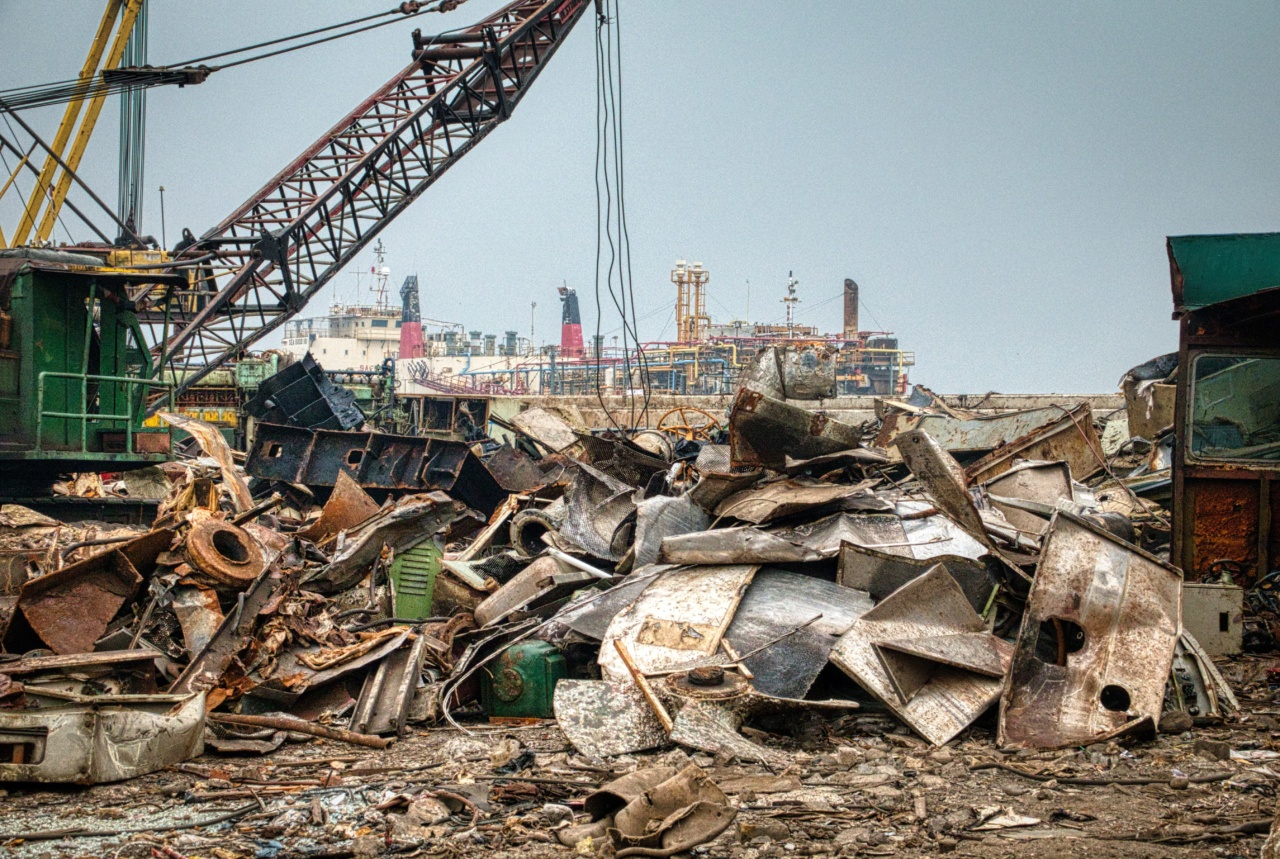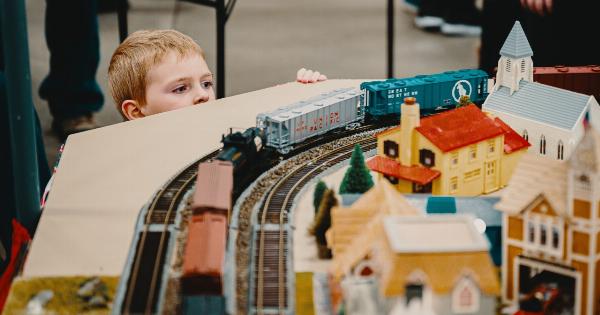Train accidents are catastrophic incidents that result in many injuries and deaths. Sadly, the impact of these accidents goes beyond the passengers and the crew.
Train collisions can result in broken families that face emotional and financial challenges for years. Broken families endure the worst effects of train accidents, and they are forced to deal with the aftermath for a long time. In this article, we will explore the impact of train collisions on broken families and the difficulties they face.
The Emotional Impact of Train Accidents on Families
Train accidents can result in severe trauma and emotional pain for the families of the victims. The shock and grief of losing a loved one in such a tragic accident can be debilitating and long-lasting.
Families struggle to cope with the sudden loss of a relative and must process their emotions while also handling difficult practicalities.
Survivors of train accidents face their own struggles as well. Injuries sustained in a train accident can be severe and require long-term rehabilitation and treatment.
These physical challenges can be accompanied by emotional and mental health issues such as post-traumatic stress syndrome (PTSD), anxiety, and depression.
The Financial Impact of Train Accidents on Families
The financial impact of train accidents can be just as devastating as the emotional toll. Victims and their families face significant expenses related to medical treatment, rehabilitation, and long-term care.
Survivors may be left with permanent injuries that prevent them from working or result in a reduced ability to earn a living. Families of victims who lost their lives in a train accident are also forced to deal with the lost income and benefits.
Insurance may cover some of these expenses, but it can take a long time for insurance companies to process claims. Families may have to pay for expenses out-of-pocket until their claims are approved.
In some cases, insurance may not cover the full cost of expenses, leaving families to bear the burden of high medical bills and other costs related to their loved one’s death or injury.
The Impact of Train Accidents on Children
Children are often deeply affected by train accidents, even if they were not directly involved. The sudden loss of a parent or sibling can be especially traumatic for young children.
They may struggle to understand the concept of death and may have difficulty processing their emotions.
Many children who lose a parent or sibling in a train accident also face financial and practical challenges. They may have to change schools, move to a new home, or adjust to a different way of life.
These changes can be overwhelming for young children, and it can take years for them to fully adapt to their new circumstances.
The Importance of Legal Representation
Families who are dealing with the aftermath of a train accident need legal representation to help them navigate the complex legal system.
A skilled attorney can help victims and their families get the compensation they deserve for their injuries, lost income, and other damages. The right lawyer can also help families hold accountable those responsible for the accident. Train companies and other organizations that fail to maintain safe conditions for passengers and crew should be held accountable for their negligence.
The Need for Mental Health Support
Survivors of train accidents and their families often need mental health support to help them process their emotions and deal with their trauma.
Therapy, counseling, and support groups can all be beneficial for those dealing with the aftermath of a train accident. Mental health professionals can help survivors and their families work through their grief, develop coping strategies, and find ways to heal.
Conclusion
Train accidents can have devastating consequences for families. Broken families are particularly vulnerable to the emotional and financial impact of train accidents.
Survivors and their families need legal support, mental health resources, and access to comprehensive medical care to help them overcome the challenges they face. With the right support and resources, families can learn to cope with the aftermath of a train accident and eventually move forward.





























